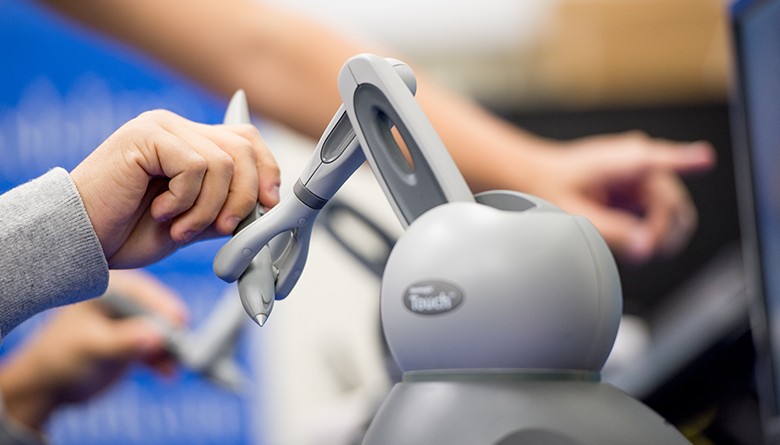By Dana Yamashita
Obesity, as we all know, is a serious health risk. It can cause heart disease, stroke, type 2 diabetes, and lead to certain types of cancer.
Yet, consider the numbers: a 2017-2018 report by the Centers for Disease Control and Prevention indicates that obesity affects roughly 42.4% of the United States population; according to the Milken Institute of Public Health, $480.7 billion is spent in direct health care costs and $1.24 trillion is lost in productivity; and about one in five deaths can be attributed to obesity.
There are countless diets and exercise plans to be found, but those do not solve the problem for everyone, so surgical options must be considered. A relatively new, minimally invasive procedure, known as endoscopic sleeve gastroplasty (ESG), may be an option for those considering surgery. It is performed by inserting a suturing device through a person’s throat and down into their stomach. The endoscopist is then able to place sutures in the stomach to make it smaller.
A team led by Suvranu De, head of the Department of Mechanical, Aerospace, and Nuclear Engineering at Rensselaer Polytechnic Institute, is developing a virtual reality-based training device that can help train medical professionals to perform these procedures. The work is being supported by a grant from the National Institute of Biomedical Imaging and Bioengineering of the National Institutes of Health.
The Virtual Bariatric Endoscopic (ViBE) simulator will allow medical professionals to experience a realistic virtual environment while training to perform ESGs. The team gathered data from actual ESG procedures to understand what doctors see and feel in order to recreate those senses virtually. To ensure the ViBE simulator will enhance patient safety, the engineers will validate it by analyzing how the skills learned in the virtual setting transferred to the actual setting.
“We are in this unprecedented convergence of technology,” said De, who is also the director of the Center for Modeling, Simulation, and Imaging in Medicine. “We are looking at high-precision sensors and tools. We are looking at these devices that did not exist before.”
De sees this research as an effective and necessary means of training better surgeons, which he views as an important part of improving the health and safety of people across the globe.
“I’ve chosen surgery and endoscopy as fields of interest because of the huge unmet need,” De said. “Human safety is absolutely paramount.”




